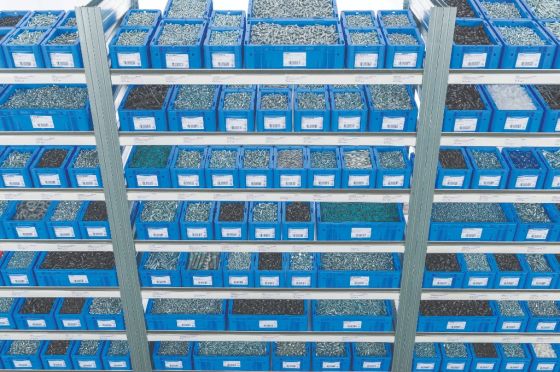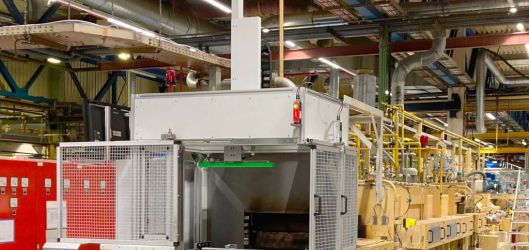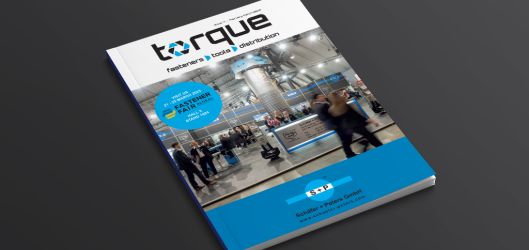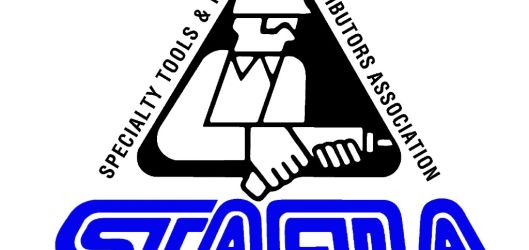
Readying for the next supply crisis is not just something for large companies to consider. Timely preparation and strategic cooperation with a C-parts specialist is what matters, no matter the company size, argues Ferdinand Gross...
When we had to look at partly empty supermarket shelves at the beginning of the pandemic, the secu-
rity and resilience of supply chains suddenly entered public discussion. Now comes déjà vu in B2B, where the perfect storm is brewing and the supply of basic materials and C-parts threatens.
Whether in the automotive, pharmaceutical or construction industries, there is currently hardly an industry that is not affected by delivery bottlenecks. Catch-up business from the last year of the Corona crisis as well as an improving economy in the USA and parts of Asia in combination with raw material bottle-necks and limited freight capacities have created a uniquely tense supply situation. For fear of production downtime, more and more companies are hoarding basic materials and components in large quantities. In such an environment, the sourcing of urgently needed parts proves to be extremely time-consuming and, with price increases of up to 300%, of course also an expensive nerve game. For more and more companies, the question arises how supply chains must be controlled and monitored in order to safely overcome bottlenecks.
SAFE SUPPLY CHAIN MANAGEMENT
For Ferdinand Gross – one of Germany’s most experienced C-parts specialist with over 150 years of company history – the issue of security of supply has always been a central service. Behind the company’s Safe Supply Chain Management is an active risk management tool that anticipates potential bottle-necks at an early stage. Solution strategies are developed together with the customer. The cycle process starts with the customer-specific identification of C-parts at risk of bottlenecks.
Strategic procurement options are then worked out and evaluated together with the customer. In the case of a single-source strategy, this can involve adapting supply contracts and stocking larger contingents, while in the case of a multi-source approach, the development and accreditation of new, ideally geographically dispersed, suppliers can be an option. After the implementation of the chosen strategy the process finally switches to monitoring. The ongoing risk monitoring is the basis for the Safe Supply Chain Management from Ferdinand Gross.
PREREQUISITE > C-PARTS MANAGEMENT
Such a holistic approach naturally requires a special kind of cooperation. Only if a C-parts dealer works closely with its customers, knows their required quantities and preferred delivery rhythms and, ideally, has an overview of their entire C-parts range, can they identify and evaluate emerging procurement risks and develop intelligent solutions for them. Therefore, the approach described is particularly suitable for Kanban customers. It is definitely not a question of company size.
According to Thomas Erb, Managing Director of Ferdinand Gross, nowadays, thanks to highly automated and digitalised processes, efficient and reliable procurement solutions can also be developed for small companies with few employees.
Getting ready for the next supply crisis is therefore not a question of size, but simply of timely preparation and strategic cooperation with a C-parts specialist. A holistic, neatly set up Kanban system with active Safe Supply Chain Management offers the best conditions. In quiet times it shows its efficiency and cost advantages and when things get stormy, it convinces with its greatest asset: safety!
This article originally appeared in the November-December 2021 issue of Torque Magazine. Read the magazine in its entirety online or subscribe today.



